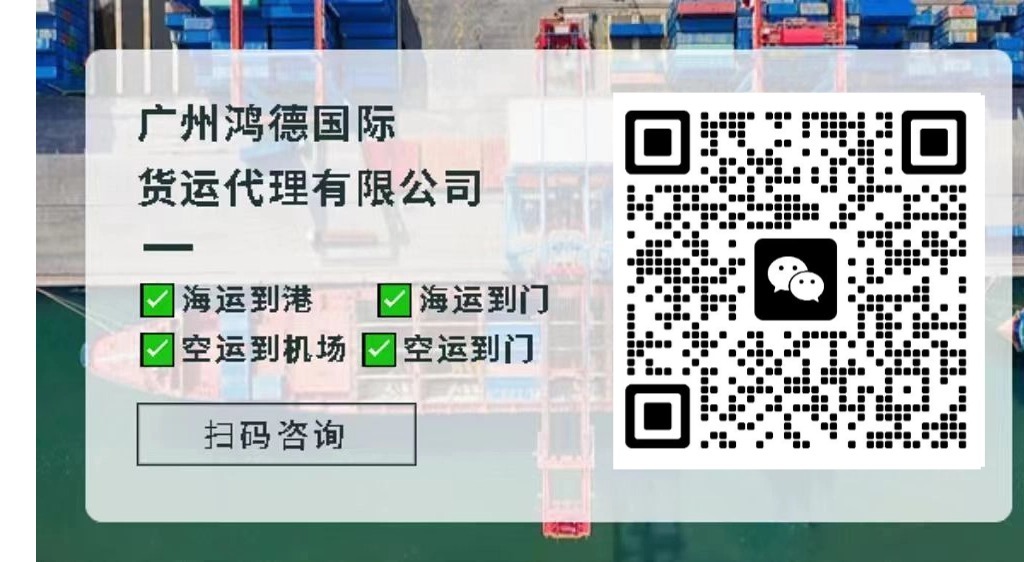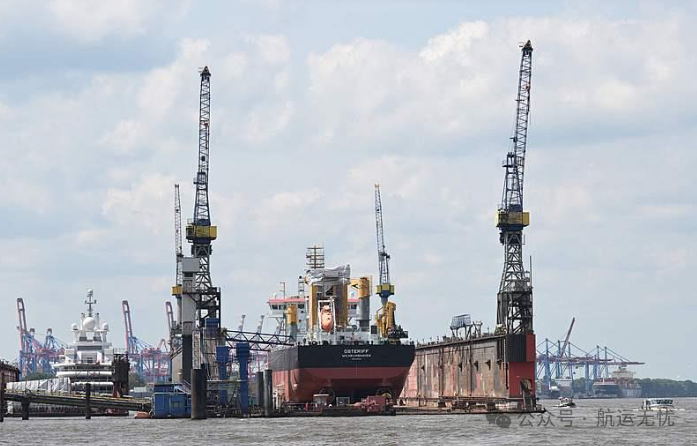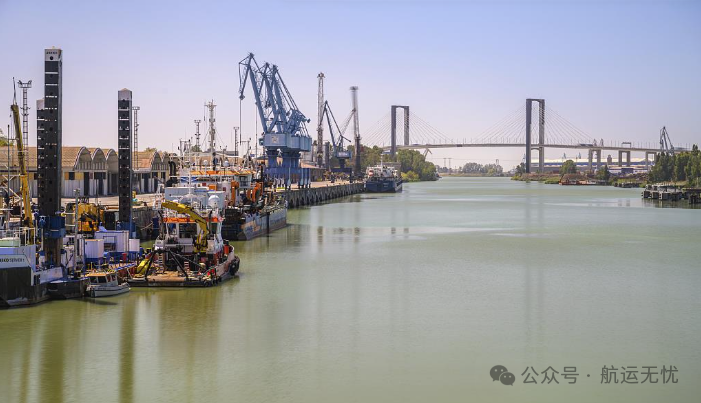Alert! Cargo delays, operations disrupted! European ports hit hard by "tariffs + strikes" | Maritime export logistics
Jun 12,2025

Voith Street is the heart of Hamburg's industrial district, with numerous container distribution centers, freight markets, warehousing and distribution businesses. However, there is a serious crisis behind today's noise.
Inside the logistics hub, a long line of trucks moves slowly at checkpoints. Wulf, a lorry driver who has worked in freight for more than 20 years, has witnessed the ups and downs of the industry, but the latest situation has alarmed him.“The uncertainty of the U.S. tariff policy has left many ships stuck in ports and unable to unload their cargo in time. My working hours have been extended and the cargo runs in a mess.”
The uncertainty of the tariffs poses a huge challenge for the logistics industry and leaves no solution in sight. "Even if reciprocal tariffs are negotiated today, there will be other tariff policies tomorrow."
The erratic nature of U.S. tariff policies has hit international trade and created challenges for the German ports of Hamburg and Bremerhaven. According to a report by the UK's Drury Shipping Consultancy, between late March and mid-May, ships waited 77 per cent longer to dock at the port of Bremen and about 49 per cent further at Hamburg. The sheer scale of the crisis was underlined by the mountains of containers built up inside the port.
Torsten Dornia, general manager of the German Brelog Transport Company and president of the Bremen Freight Agents Association, believes that factors such as port shipping union strategy adjustment and terminal renovation are important reasons for the operational bottlenecks experienced by German ports. The originally orderly system of shipping alliances was disrupted and port collaboration was difficult; The slow progress of the docks renovation project affects normal operation. The U.S. tariff policy has made things worse.
As the United States previously announced a 90-day suspension of high "reciprocal tariffs" on some trading partners, some enterprises rushed to increase shipments to avoid high tariffs in order to complete transactions within this time. This makes the rapid growth of port throughput in a short period of time, exceeds the load carrying capacity of the port, exacerbates the instability of the global logistics industry. Cargo is piling up in the port, warehouses are full, transport vehicles are congested, and the entire logistics chain is on the verge of paralysis.
The crisis not only affected Germany, but also affected many countries in Europe. Peter Kleimek, director of the Austrian Institute for Supply Chain Intelligence, said European ports have structural bottlenecks, such as poor port planning and low levels of informatization. The U.S. tariff policy has changed the volume of global trade, changed the direction of trade flows, and blocked the otherwise smooth logistics channels, which may push up global shipping costs and lead to higher foreign trade costs for European companies.
Several important European ports, such as Antwerp in Belgium, Rotterdam in the Netherlands and Felixstowe in the UK, saw a significant increase in vessel berth times and a disruption in the port logistics system. Transport Intelligence, a logistics market research company, pointed out that northern European ports have recently experienced a number of workers' strikes, which have led to a shortage of port labor and work cannot be carried out normally. Coupled with inadequate infrastructure, frequent failures of old terminal equipment, and severe weather, many ports face cargo delays or operational disruptions, with large numbers of orders cancelled and customers lost.
Klimek believes that a recovery in trade during the tariff moratorium could trigger logistical bottlenecks and port congestion similar to those experienced during the COVID-19 pandemic. If no response is taken, a similar situation could repeat itself, severely disrupting supply chains, resulting in insufficient supply of raw materials, stagnant production, and higher product prices, ultimately affecting ordinary consumers.
“The trade conflict is a wake-up call to the economy. Inappropriate political decisions can quickly translate into bottlenecks in ports and supply chains, affecting the proper functioning of the economy.”"Governments should realize that trade protectionism will only hurt both sides and that only cooperation and consultation can resolve trade disputes and maintain global trade stability," Klimek stressed.

Peter Sand, chief analyst at Ksenetta, a Norwegian international maritime monitoring company, said that when the rules of the game are changing, one cannot make important decisions about the supply chain. Shippers and cargo carriers faced policy uncertainty and could only react to sudden situations, which caused the entire industry to panic.
Hans-Joachim Schlam, a senior lecturer at the University of Economics and Business in Vienna, Austria, pointed out that the US tariffs have pushed up the cost of transporting relatively small volumes of goods, squeezing the profit margins of small and medium-sized enterprises and even putting them at risk of collapse. The additional costs are ultimately passed on to consumers, resulting in higher prices for goods and an impact on the quality of life.
In this logistics crisis triggered by factors such as US tariff policy and European strikes, a large number of freight forwarders face challenges, problems such as cargo delays and order cancellation, and they also bear customer complaints and accusations.

Make global trade unimpeded
Contact Phone


Contact Us
Copyright ©Guangzhou Hongdex International Logistics Co.,Ltd
Hotline: 020-84608598
Whatsapp: 18011705178
QQ:2853396538
Email: 2853396545@qq.com
We will provide you with timely feedback











